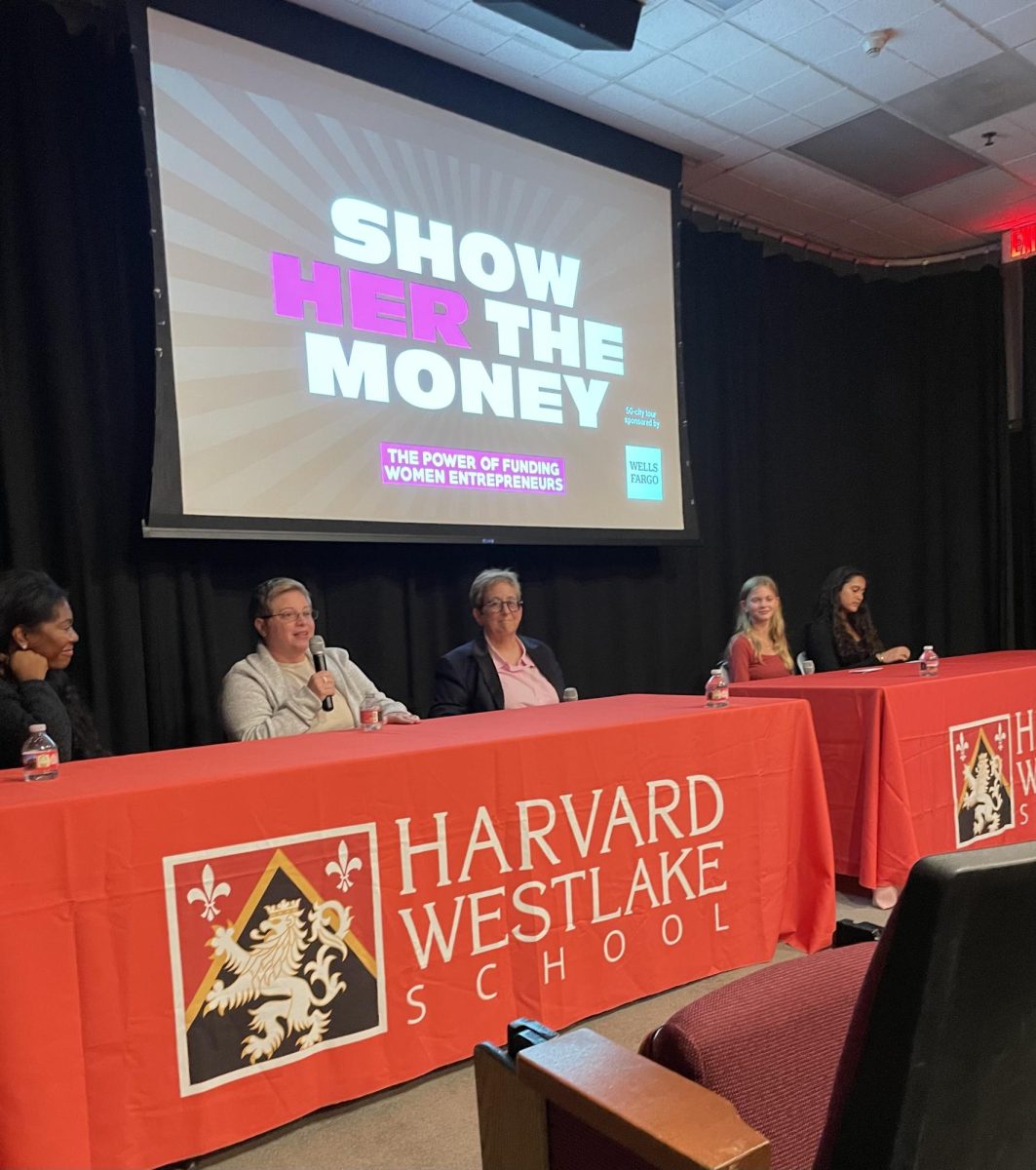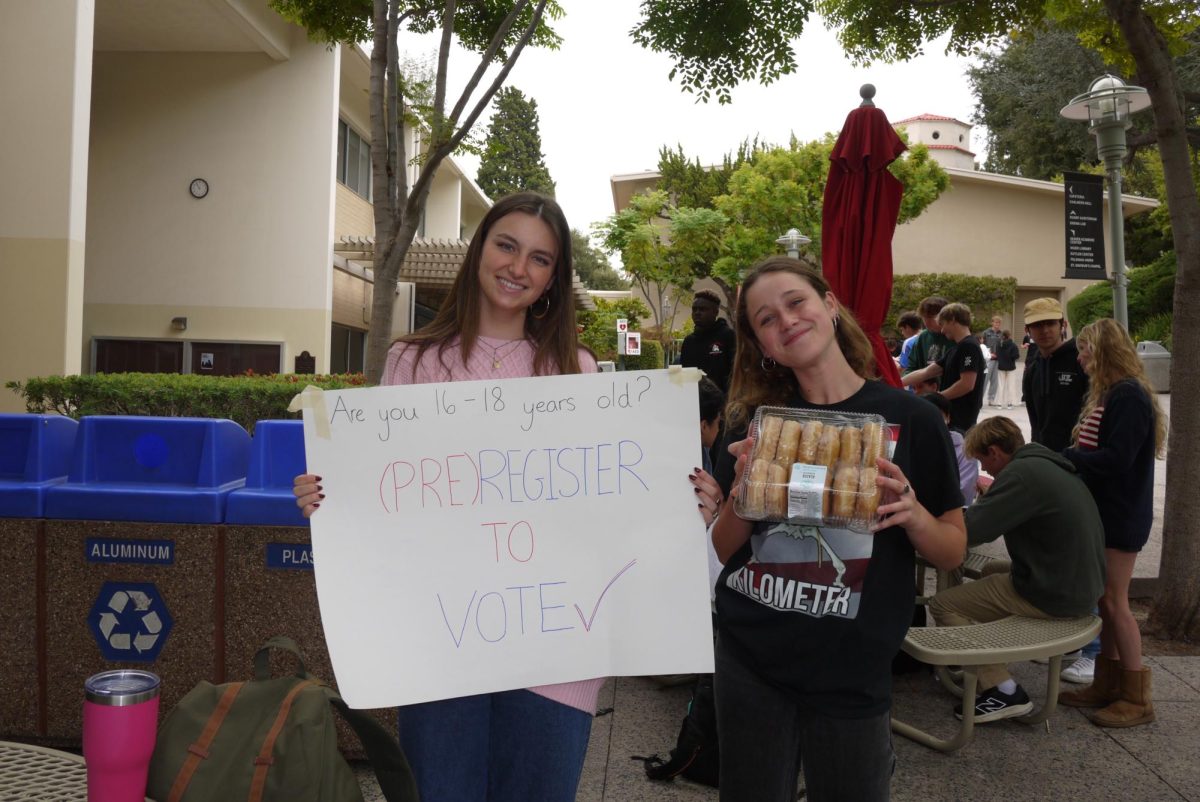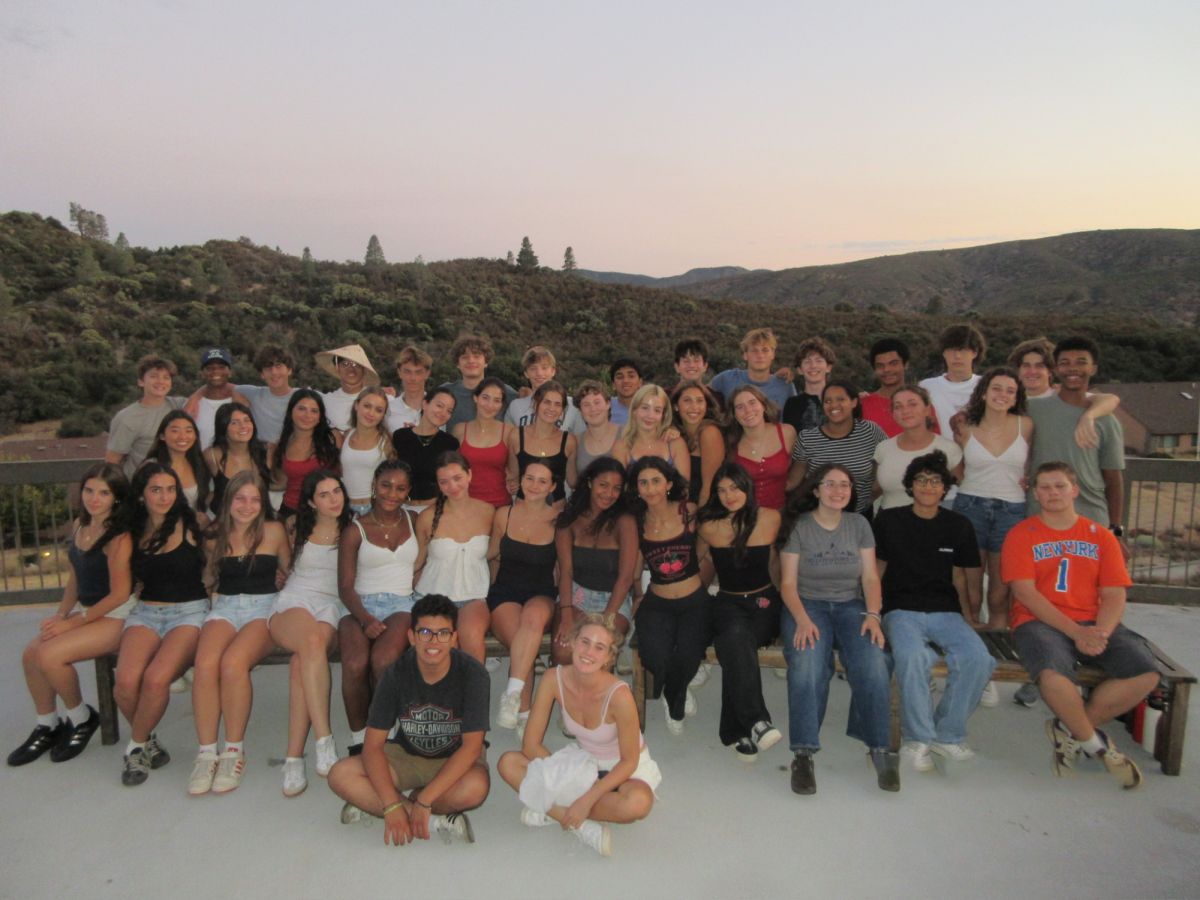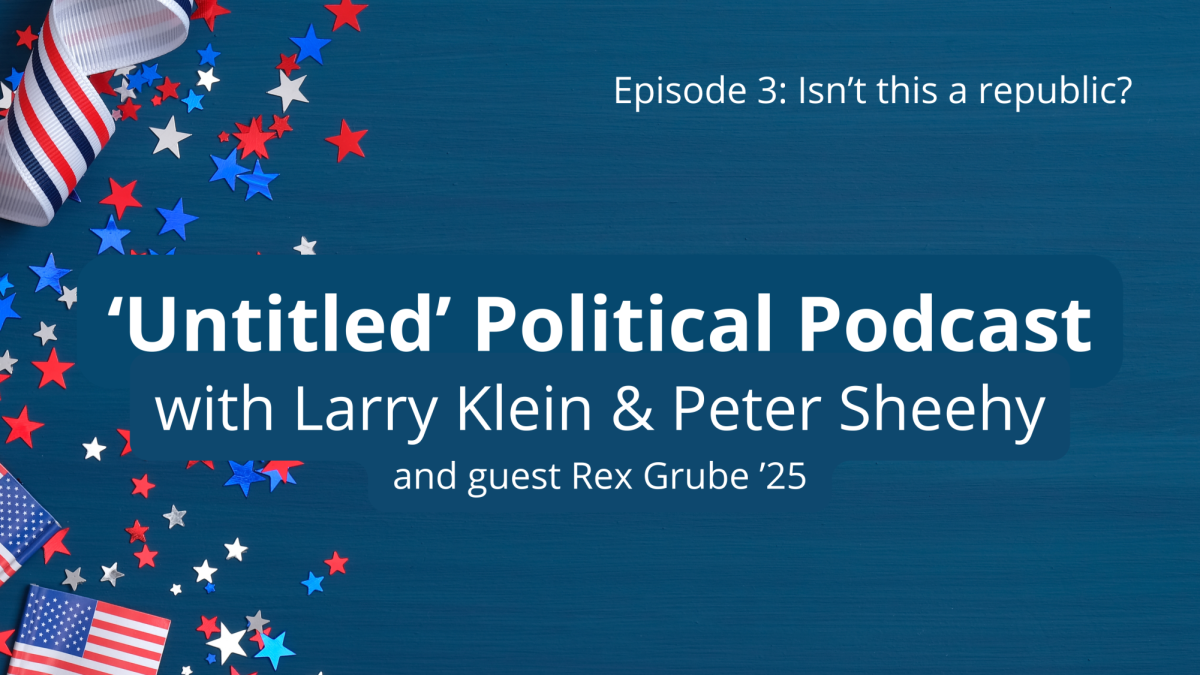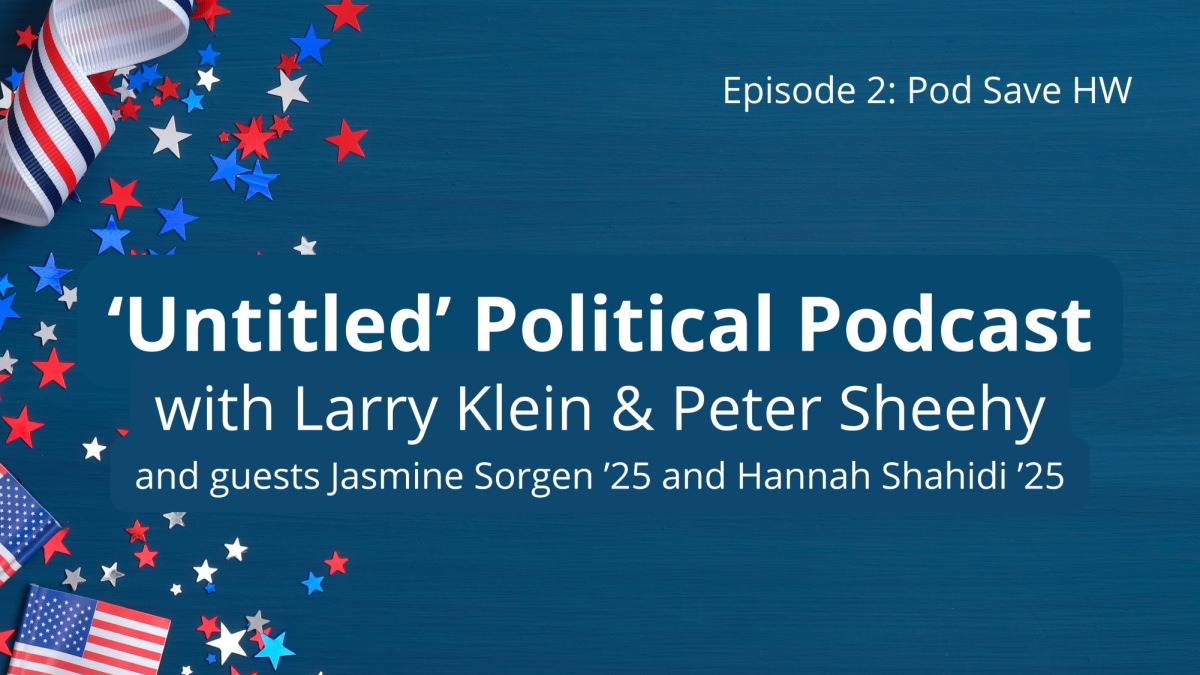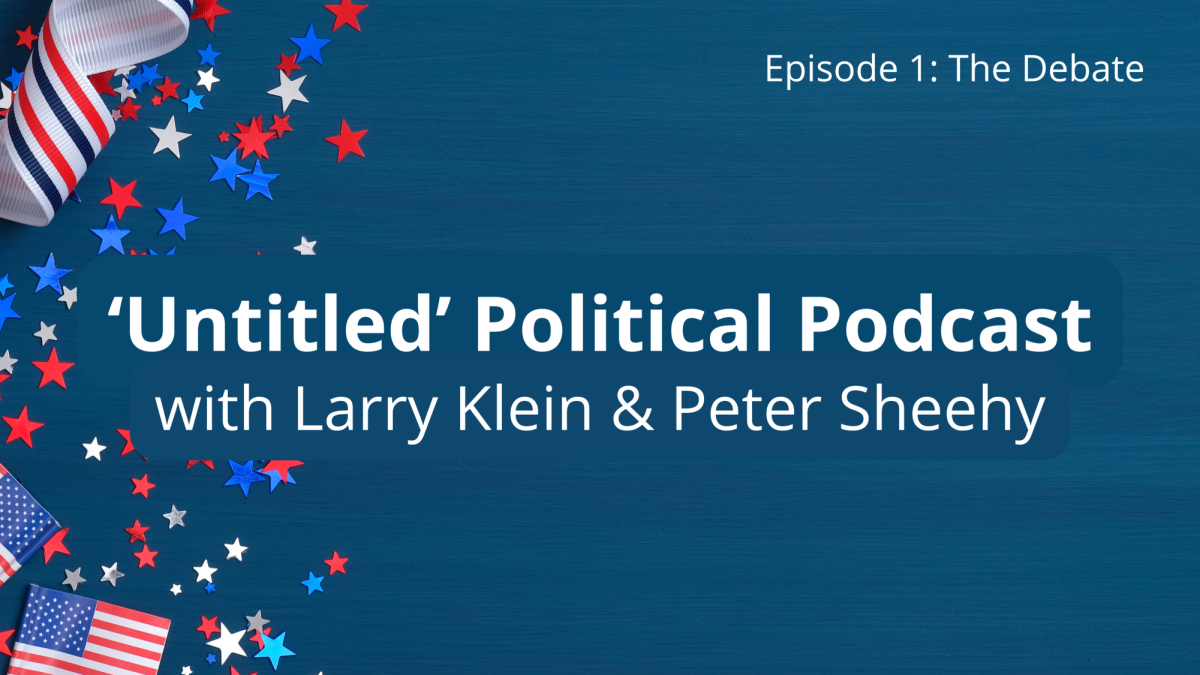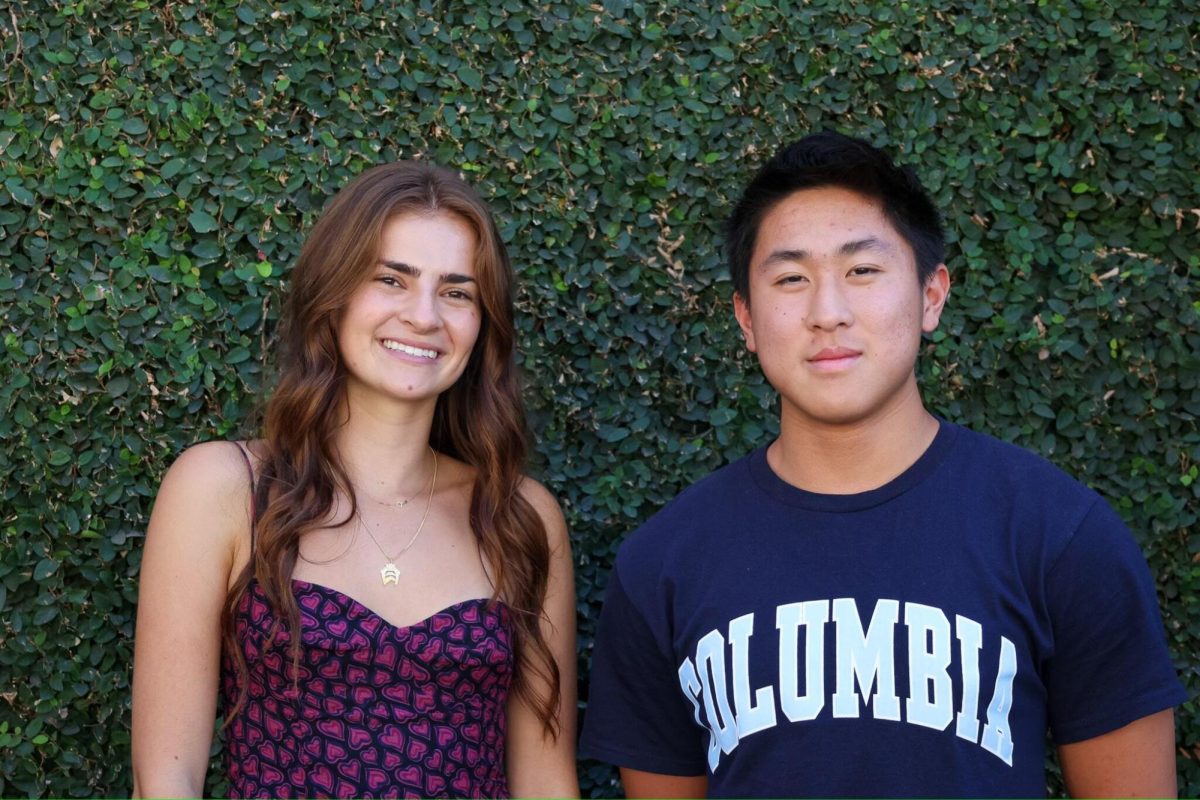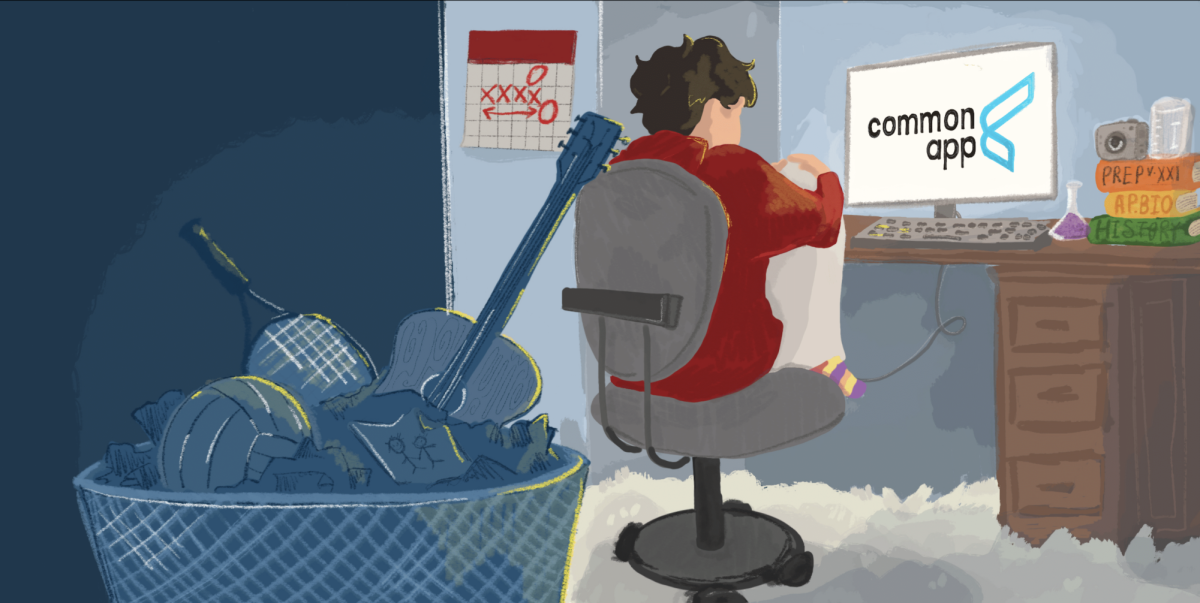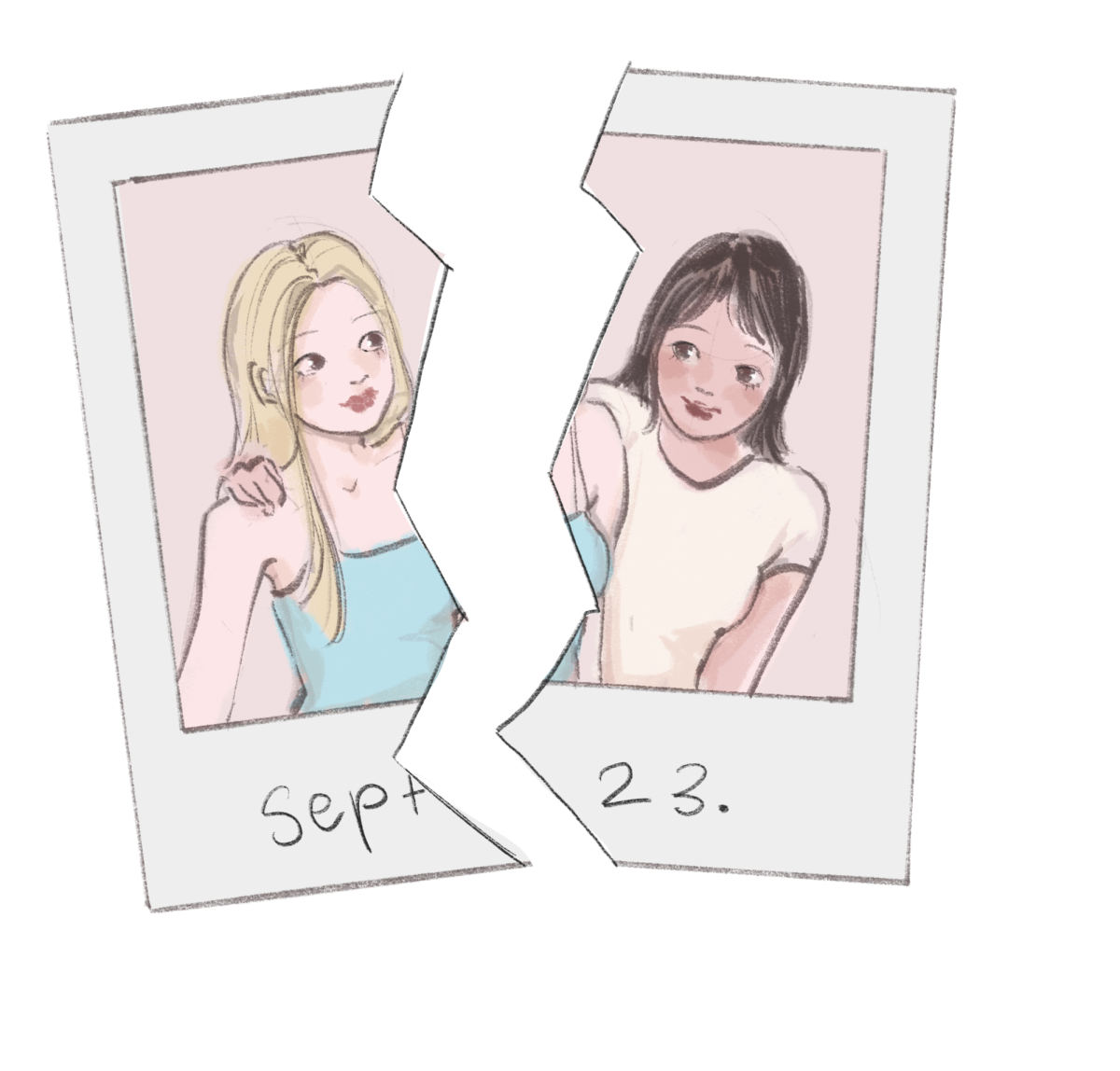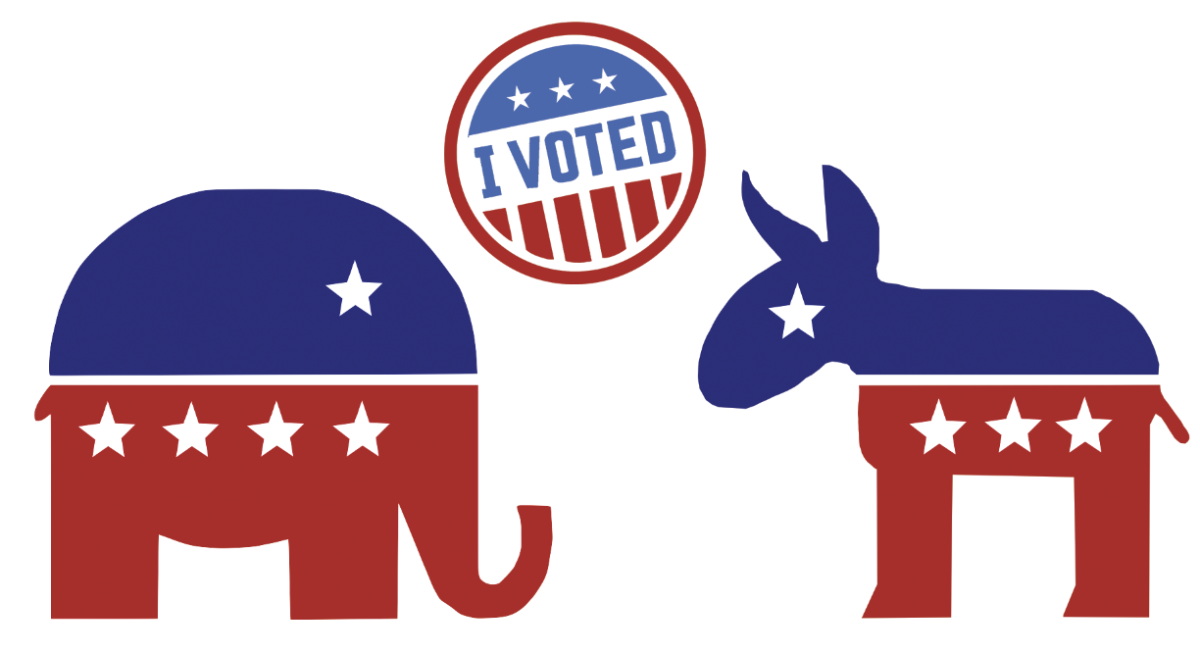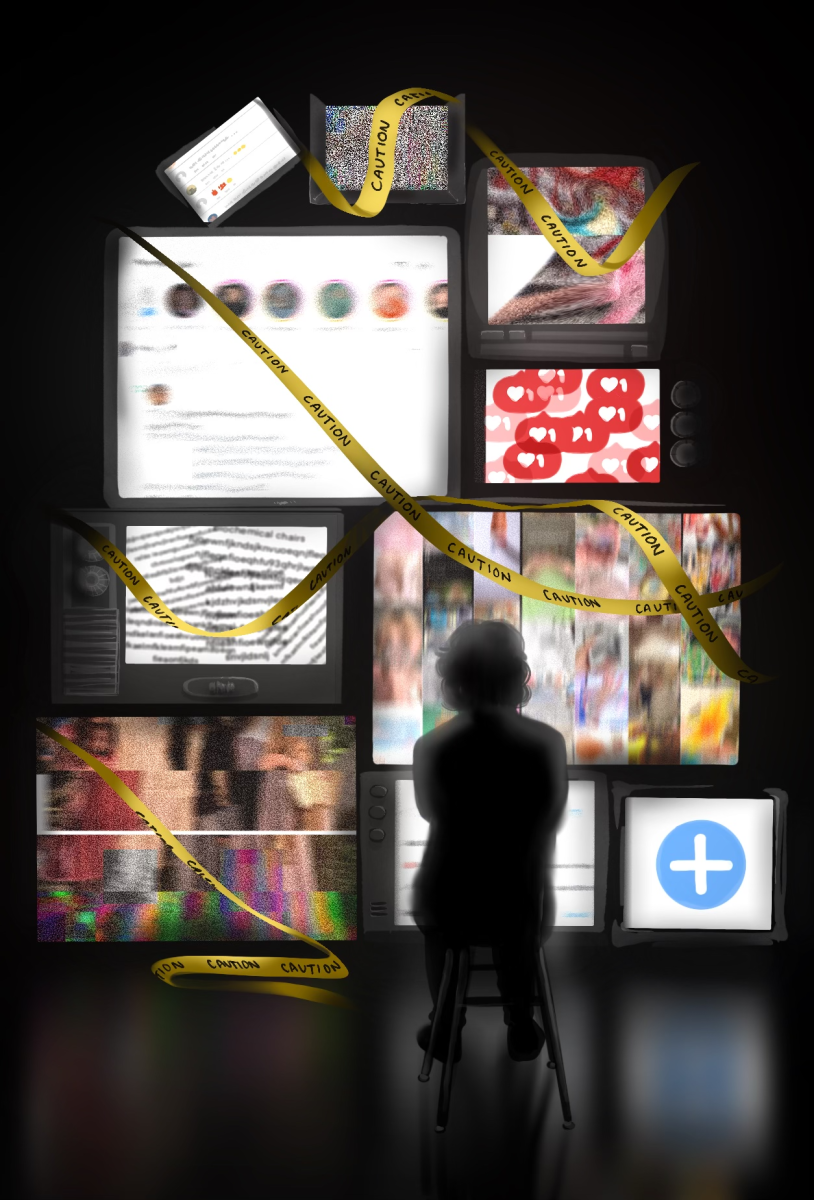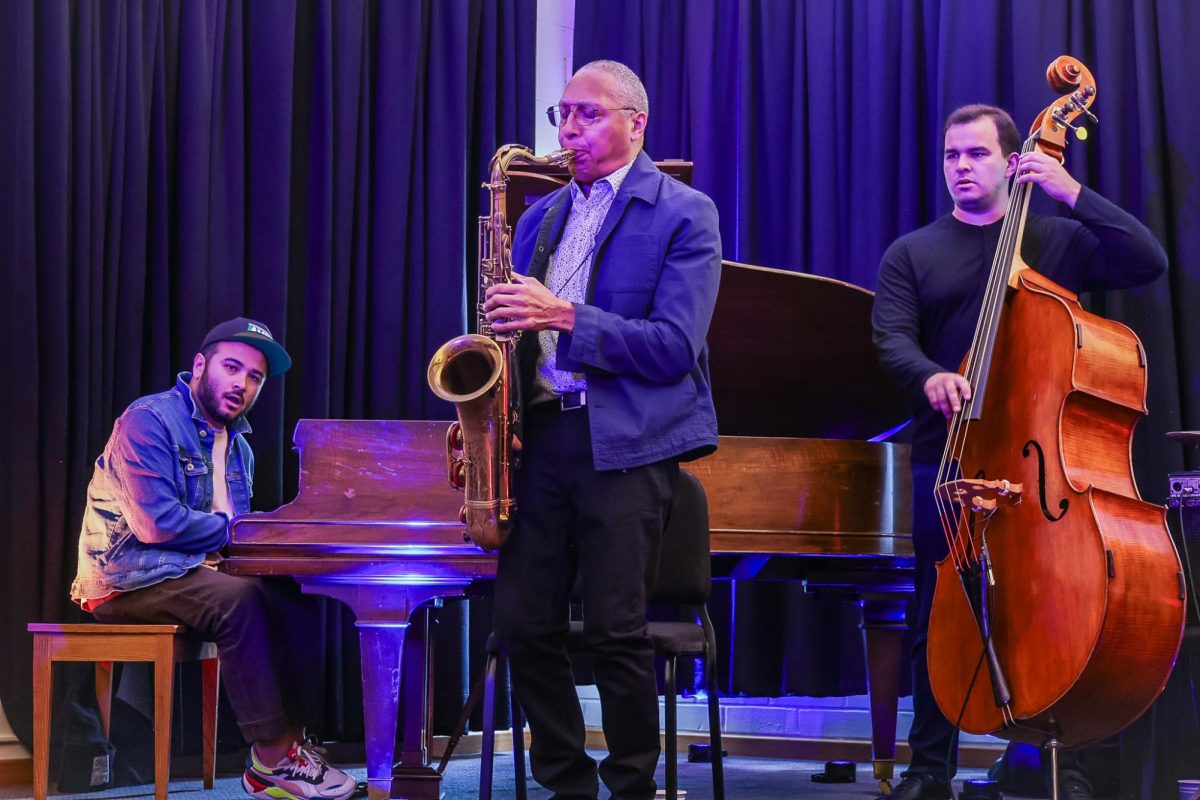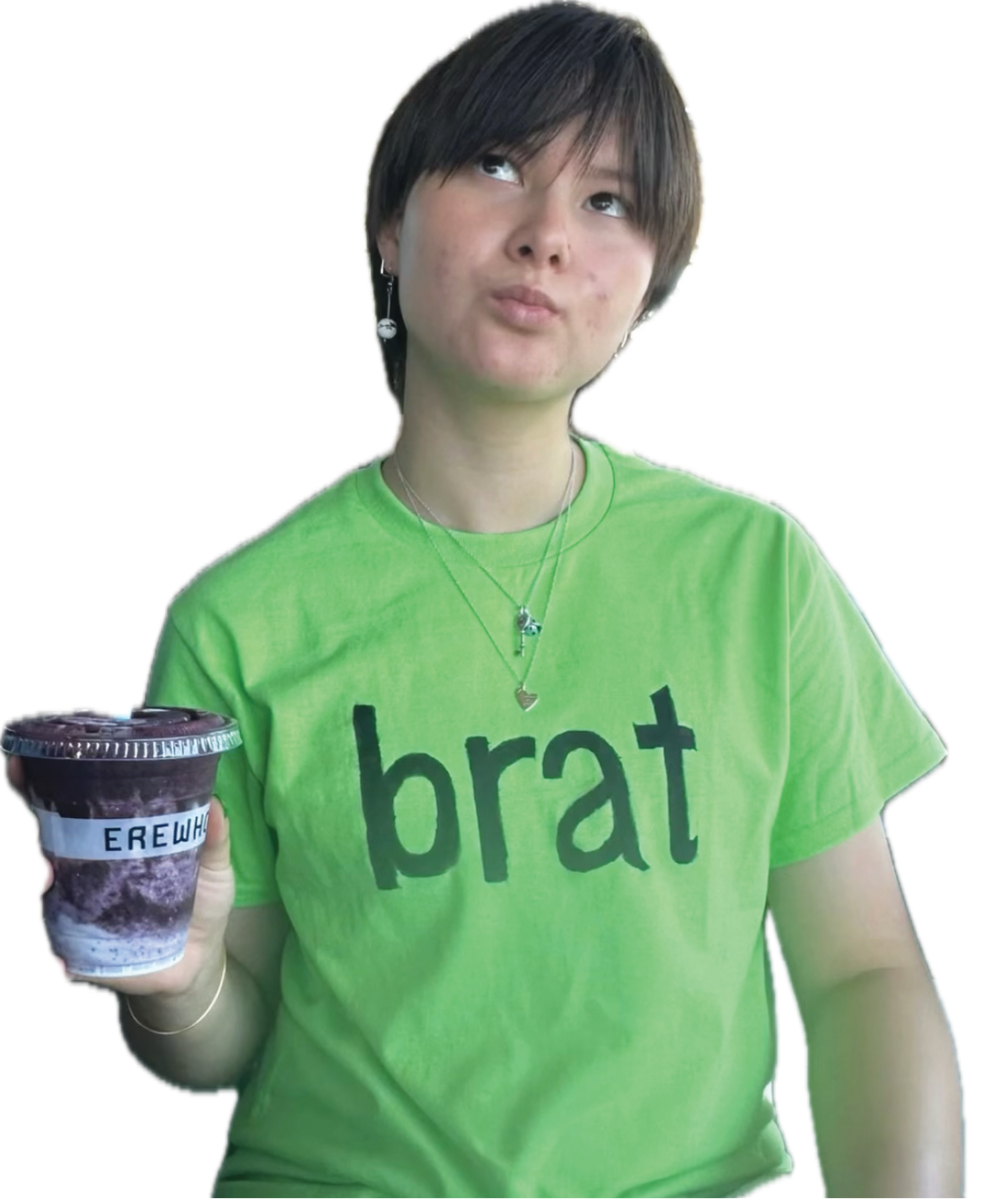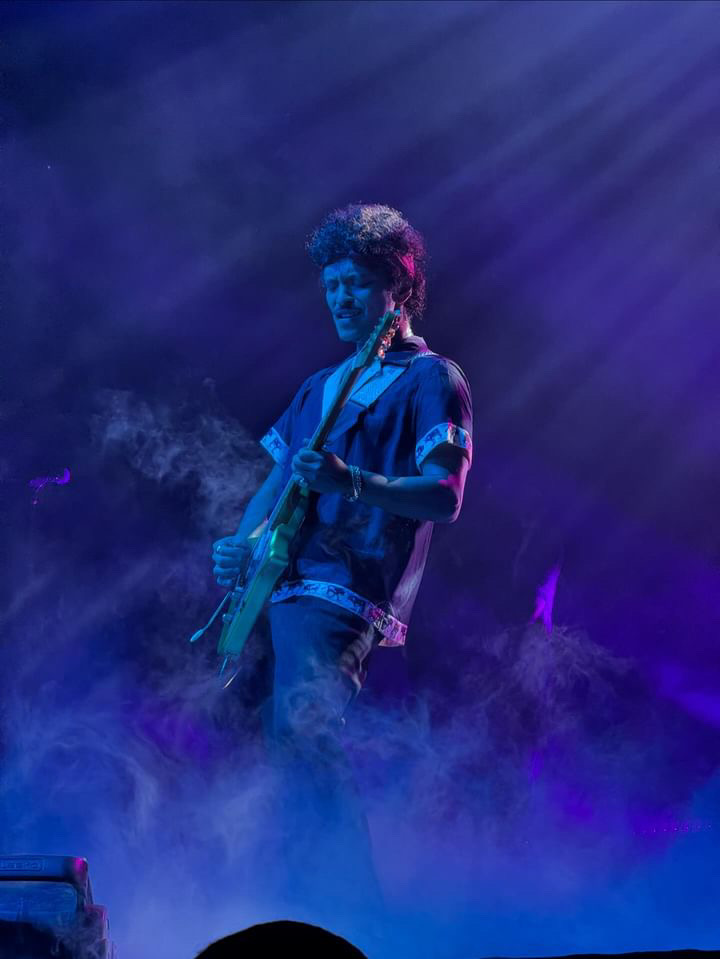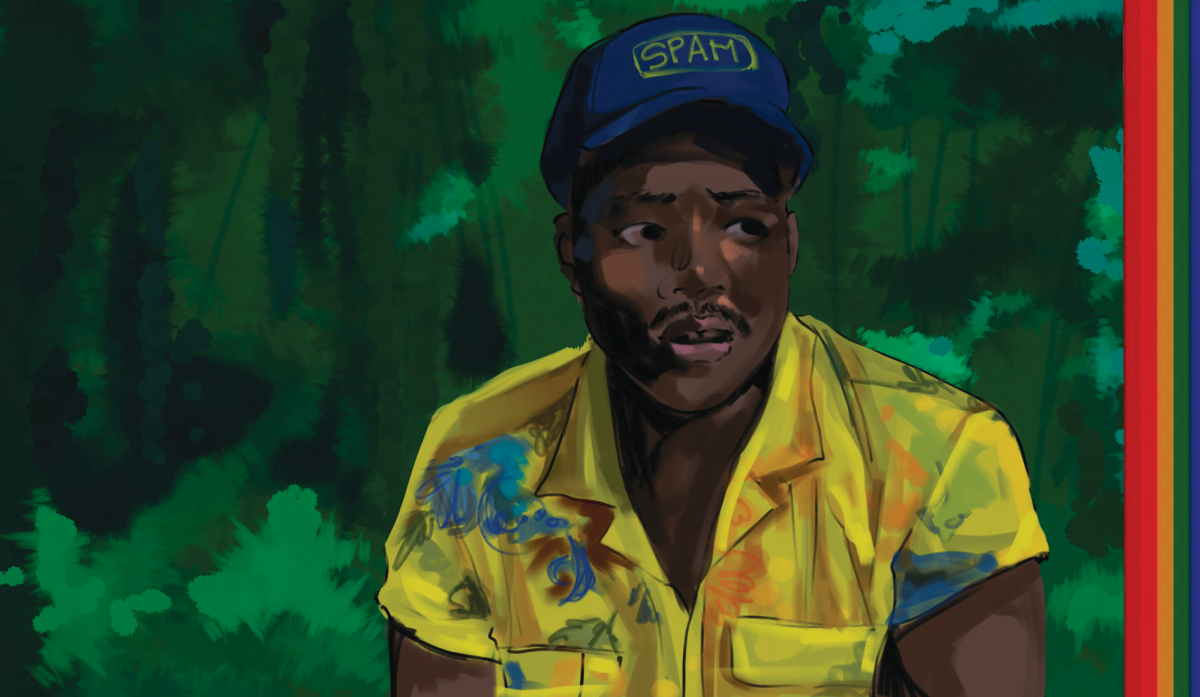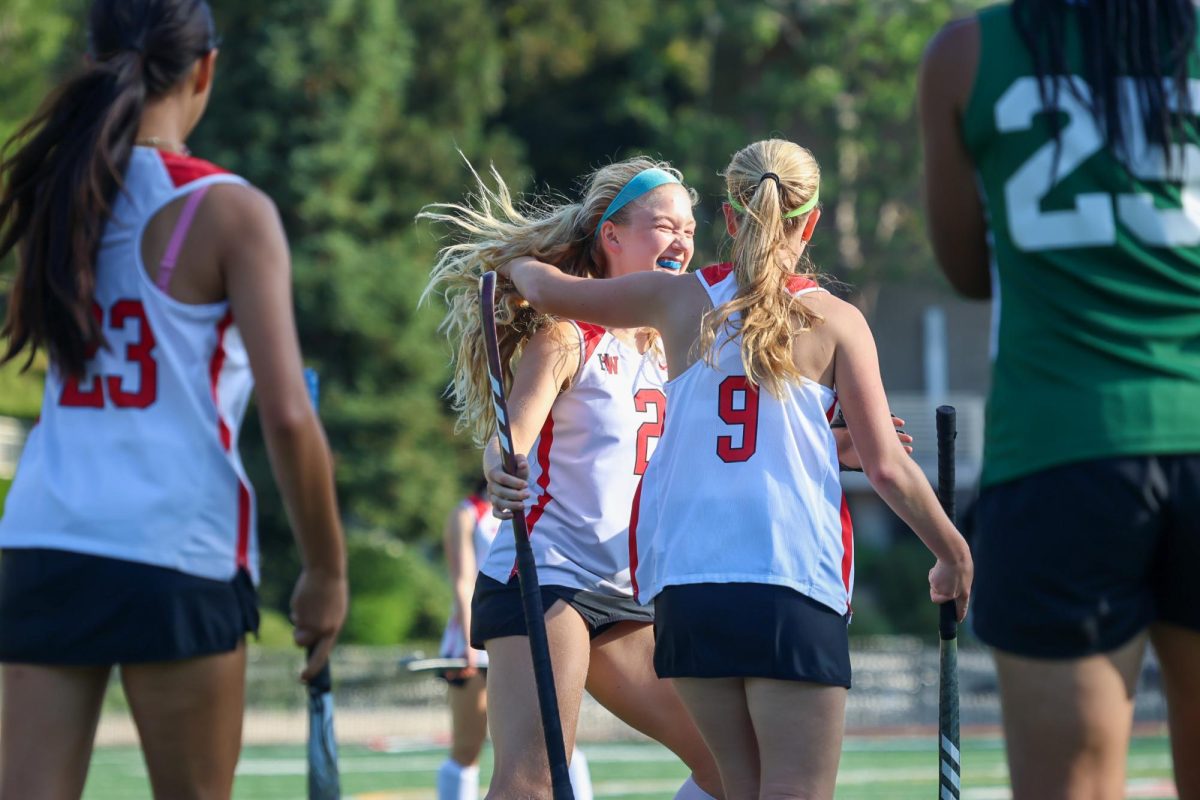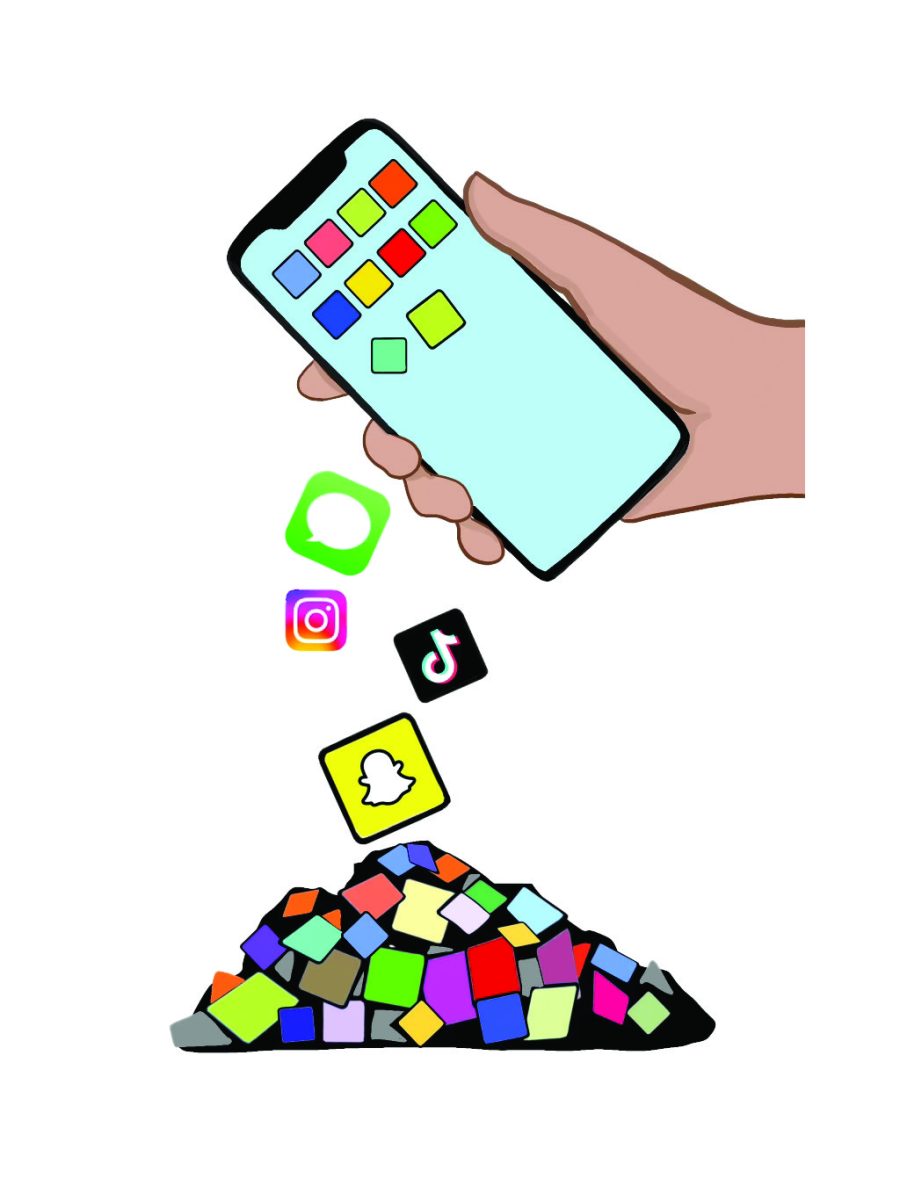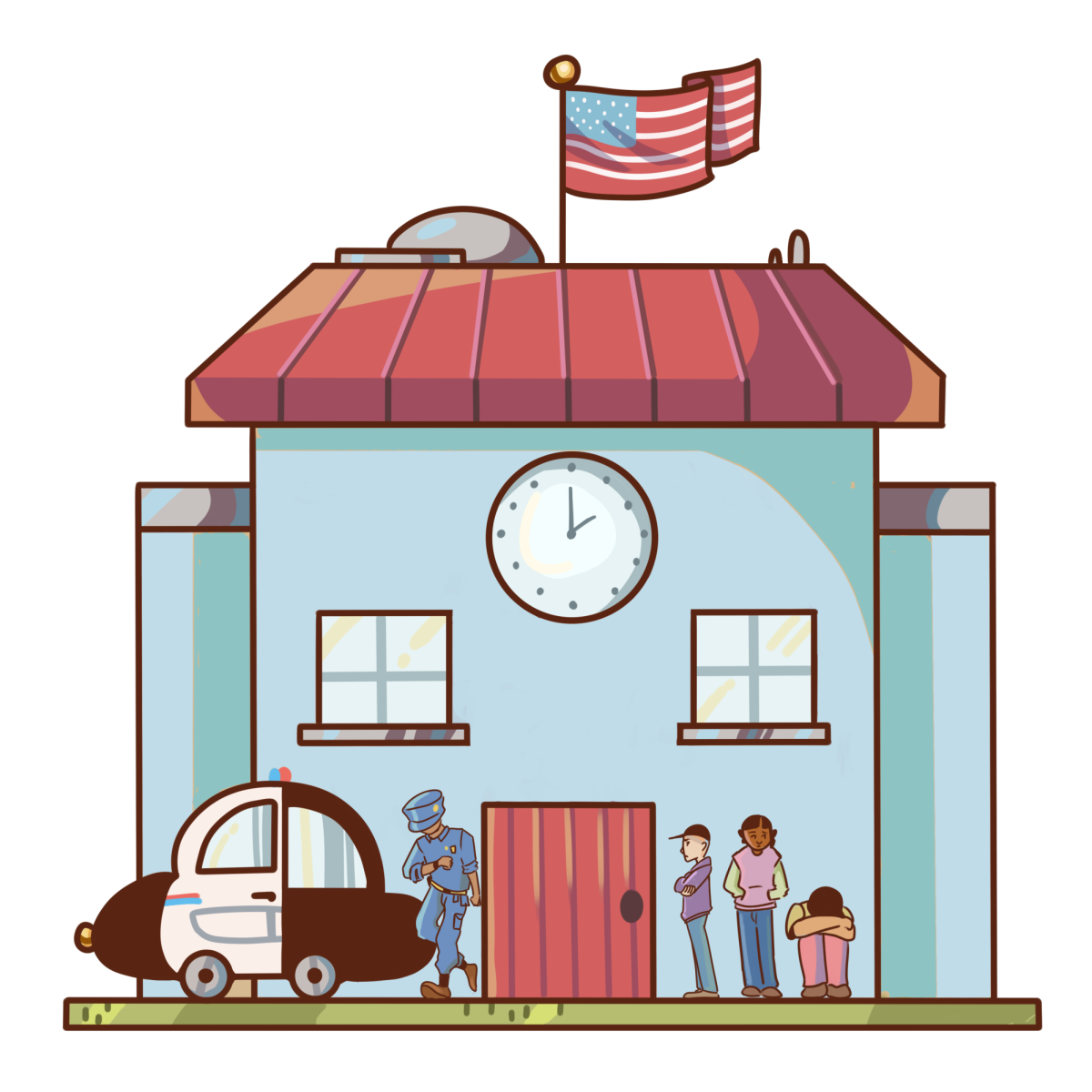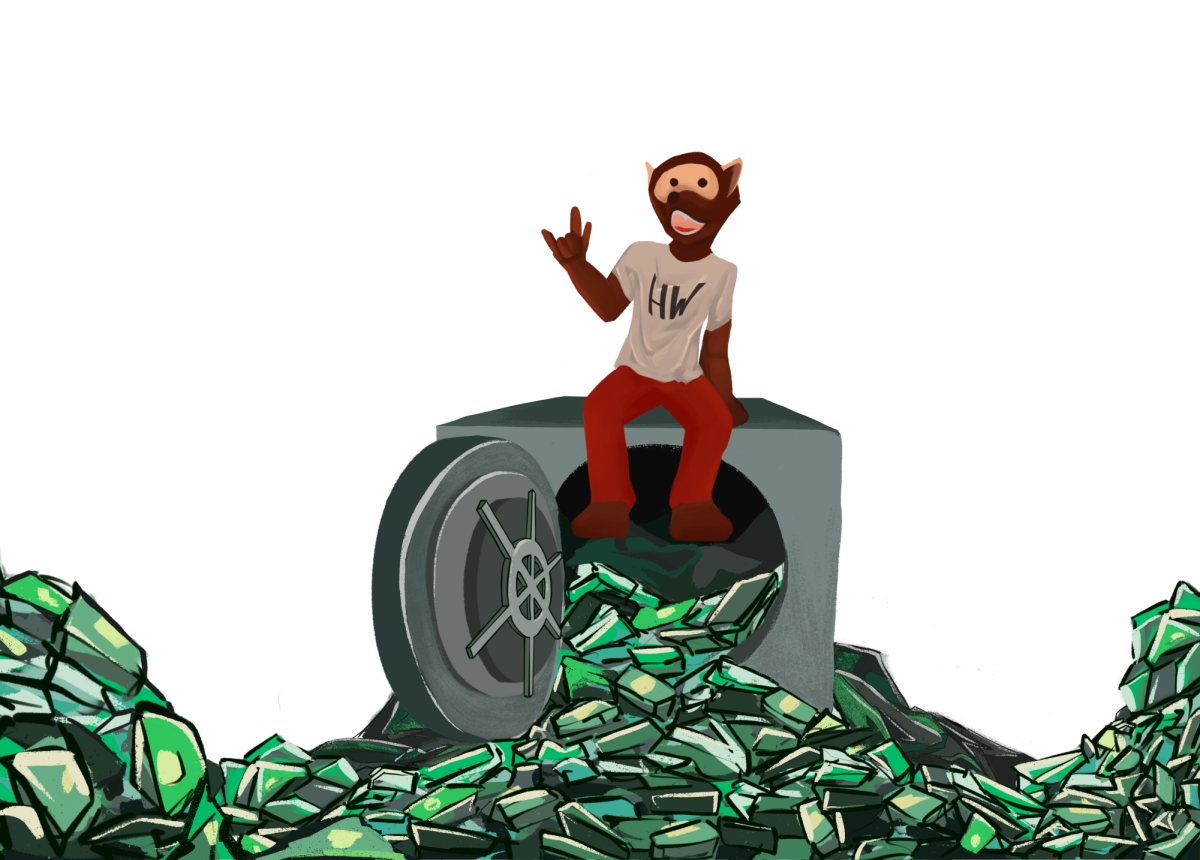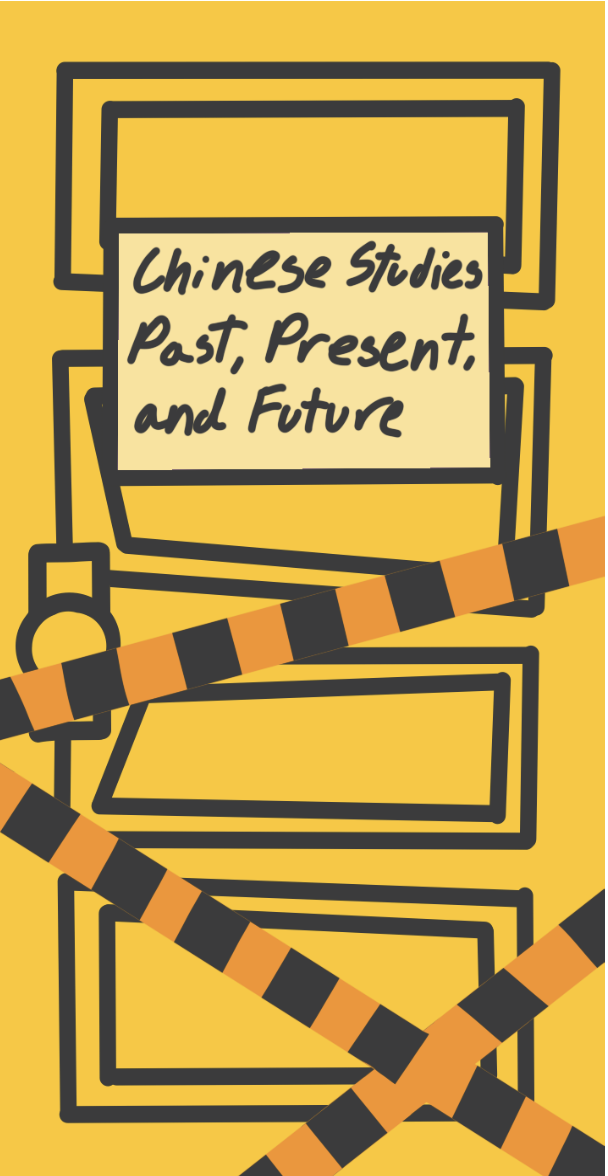It was tech week for the school musical. Lights had to be set up. Costumes had to be fitted. Microphones needed to be adjusted. As the days seemed endless, Maya Ray ’25 was overwhelmed with a massive pile of work to complete. She arrived home late every night of the week, finding herself scrolling on social media despite her many assignments. Ray said she realized social media was taking up too much of her time, so she decided to simply delete it. She said that she felt very refreshed during her social media break.
“I stayed off of it for two weeks but then eventually downloaded apps again,” Ray said. “There was definitely less to worry about [without social media]. I just feel like there were less things cluttering my mind, and I could actually focus on what was important. I still do this momentarily when I’m getting really stressed out. When school or other things in my life get really overwhelming I don’t want the added burden of having to keep up with everything on social media. Removing it from my phone so it’s out of sight and out of mind is the best way for me because it takes a while to download it again.”
A social media cleanse or detox means taking a break from social media platforms. It’s up to the person how long they want to challenge themselves, according to Calm, a mental health app that helps with sleep, stress and meditation. Some will do this for a day while others will do this for many months at a time. Around seven out of 10 Americans use social media. On average, teenagers use social media for around five hours a day, which has increased mental health problems across the board, especially among younger girls, according to Fortune.
Death scrolling, often referred to as doom scrolling, is continuing to scroll through bad news even though it may be upsetting, according to Wired. Jackson Hollis ’25 took a break from social media when he went on vacation in Hawaii and felt refreshed during his break. Hollis said he has an unhealthy tendency to “death scroll” on social media.
“It makes you depressed and psychologically, it makes your brain think that you’re depressed,” Hollis said. “I read two books while I was in Hawaii, went to the beach and had a good time. I felt super happy, relaxed and excited about life [when I deleted social media].”
Not all students at the school have and use social platforms. Tess Rosenfeld ’25 said she limits her social media usage and only had an Instagram account over this past summer.
“For the most part, I only have social media apps if they serve a specific purpose,” Rosenfeld said. “For example, I studied abroad this summer, and it was easier to start an Instagram account with a few friends and family than to send photos individually to people. I still did not follow anyone back or use it for any other purpose. It was purely a tool that helped me because I was 7 thousand miles away from home.”
Rosenfeld said that her parents have very strict rules, which is the main reason why she doesn’t have social media in the first place.
“When I used to constantly fight their rule [that I couldn’t have social media until I was 18], they would explain that they had done a lot of research and multiple studies show that being on social media sites is risky for teens, who are more likely to develop depression, among other things, if they are on these sites,” Rosenfeld said.
“My dad also worked at a social media company when social media was first starting out and explained that privacy and algorithms were, and still are, problems within the realm of social media, so it is simply not worth the risk. For years, I would do my own research because I felt left out since I didn’t have social media. I even found a Harvard study that said that not having social media in a world where everyone does poses its own risks, but eventually I realized that my parents are right.”
This school year, the middle school deans sent out an email to parents about the dangers of Snapchat. On Dec. 1, Middle School Dean Matthew Cutler sent out an email to eighth grade parents asking them to monitor their child’s use of social media.
“Let us be clear, in our opinion, social media is one of, if not the single, greatest threat to your child’s social and emotional well-being,” Cutler said. “Our recommendation is for you to have your child delete Snapchat from their phones. There is no positive function that Snapchat performs that can’t be performed by other apps.”
Maya Karsh ’25 has used social media on and off during her adolescent years. Karsh said she uses Snapchat, Instagram and TikTok now but from October 2022 to this summer, she did not have TikTok. Karsh said she originally deleted it when everyone thought TikTok was getting banned by China.
“After I deleted TikTok, I just never got it back,” Karsh said. “When I would travel with my friends we would have a lot of downtime. I’d never want to just sit on our phones because I couldn’t relax. I’d always want to go places and do other things. They were like, ‘why is it that you can’t sit on your phone?’ I was like, ‘well I don’t have TikTok,’ and they were just laughing about how because I didn’t have TikTok, what would I do on my phone. I would literally play Candy Crush because when you don’t have TikTok, you don’t really have anything to do on your phone.”
Karsh said that although social media can be very addicting for others, she does not feel that it affects her strongly in that sense.
“I’ve never really had a problem with [social media],” Karsh said. “I definitely noticed I spend more time on my phone since having TikTok again because it gives you something to do while you’re on your phone. I wouldn’t say TikTok has even kept me or distracted me from doing my work and nor do I think it is now. I tried to be disciplined. Deleting and taking a break from social media is more of a personal decision I can make whenever instead of needing to delete it immediately like others.”
Jake Parker ’24 said he doesn’t use social media as much as his other friends and sees the addiction affecting the school environment.
“When I eat lunch with my friends at school, it can be really sad when everyone is on their phones separately at the table,” Parker said. “Sometimes, we’ll just all be sitting on our phones eating lunch without really talking about anything. Even if we are all sharing funny videos at the same time with each other, it’s not the same as talking face to face and being present in a group setting.”
Calla Fox ’25, like many others at the school, uses social media frequently throughout the week. When Fox broke her phone this year, she said waiting for a new one was somewhat hard.
“I broke my phone pretty badly because I dropped it a lot,” Fox said. “I didn’t snap anyone from it, but, just to see who did snap me, I downloaded Snapchat on my computer. During that time, I probably asked my friends, ‘Can I see your phone for a second?’ I actually felt so free, but then I got a new phone, and my habits came back unfortunately. My screen time is five hours a day and my friends constantly tell me I’m on my phone too much. ”
Fox said that by being on social media, most people want to receive likes and comments when they post, including herself.
“The culture of instagram and other social media platforms has grown into posting and then receiving likes and comments,” Fox said. “By being a part of this toxic platform, I am wrapped into this negativity, but it’s hard to separate myself from it. While I do admit that I use Snapchat a lot, I usually only post on Instagram when I’m doing something interesting and want people to see what I am experiencing.”
Zoe Roth ’24 said she is on her iPhone a lot and has a very high screen time.
“My daily screen time is seven hours,” Roth said. “I find myself distracted by my iPhone a lot but my biggest app use is FaceTime. I FaceTime people for at least four hours every night. Out of social media apps, I use TikTok the most. I get distracted after watching one thirty second video and all of a sudden, it’s been an hour.”
Peer Support Program Head Tina McGraw ’01 said using social media activates dopamine in the brain which leads to addictive behavior.
“There’s no difference between someone being a cocaine addict and someone being a social media addict,” McGraw said. “It looks exactly the same in terms of the biological change. You have dopamine in your brain, and dopamine is tied to a reward. Over time, your brain doesn’t like the overstimulation and you’re left with much fewer receptors which is called tolerance. You have to scroll on social media for about half an hour just to stimulate those receptors to get back to a baseline. That’s the underlying process of addiction, these biological changes that make us need to do that drug more and more in order to feel normal because we become tolerant to it. That’s a biological change, not psychological.”
Noa Blackman ’25 said McGraw came to her psychology class this year to discuss addiction, specifically in terms of social media.
“I started to notice how social media affected my life in a greater way than I had ever realized,” Blackman said. “I felt symptoms, like headaches, when I used social media a lot so I decided to follow McGraw’s advice, and I put screen time limits on my social media apps without knowing the password to open them back up.”
Although some students may be nervous to delete their social media because they could miss out on something, McGraw said they should keep remembering the positives.
“What helps is reminding yourself that the day has a limited number of hours and every time you give more time to social media, you lose that time for other things,” McGraw said. “Those other things can be even better than being in on the TikTok joke. If you have more time with friends, that can be more fulfilling and more meaningful than being in on some of the surface level stuff that is always changing and always updating.”

